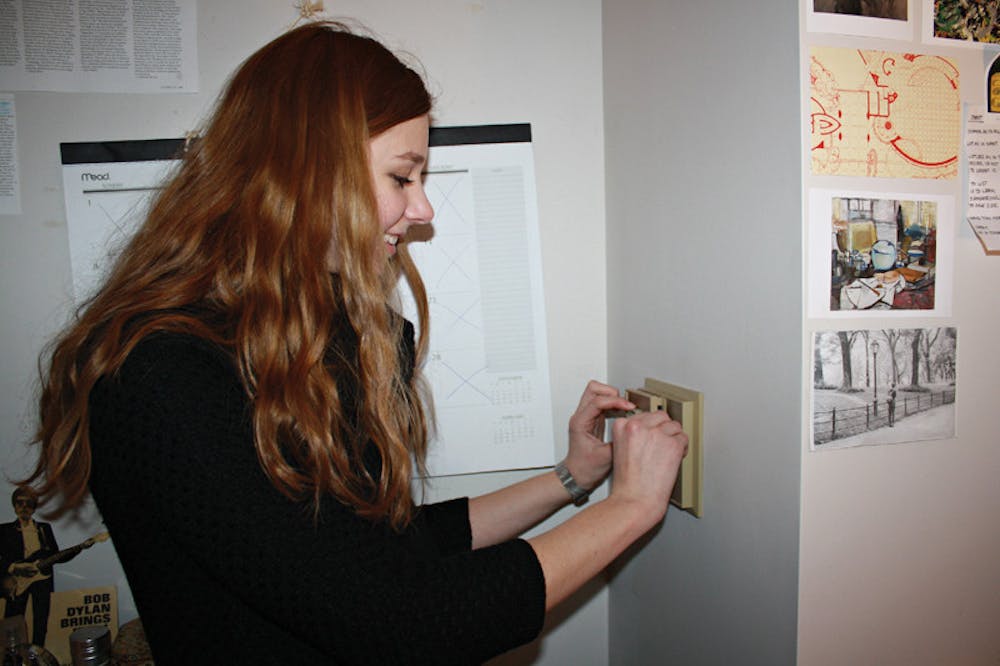The Sustainability, Strategic Planning and Advisory Committee released its interim report earlier this month, with several recommendations it hopes will be incorporated into the University’s upcoming strategic plan, said Chris Powell, chair of the committee and director of sustainable energy and environmental initiatives at Facilities Management.
The report placed special emphasis on reducing the energy burden from transportation and analyzing new methods of energy efficiency, Powell said. These areas would be considered quantitatively and analytically, with new environmentally conscious approaches to the placement of bike racks and bus stops, for example.
The committee, which comprises 16 undergraduates, faculty members, staff members and graduate students, suggested the University consider its campus as a part of a larger eco-district. The report defined an eco-district as the framework that “considers water, transportation, air and energy in planning and design decisions at multiple levels.”
Powell said the data analysis portion of the report’s recommendations was one of the areas committee members emphasized most.
“You can’t manage what you don’t measure,” he said.
Committee members are waiting to receive feedback on the report before issuing final recommendations. Powell said the committee hopes the feedback will be incorporated into final recommendations from the strategic planning Committee on Reimagining the Brown Campus and Community and ultimately into the University’s larger long-term strategic plan.
The interim report’s other recommendations included integrating sustainability into the curriculum’s liberal learning goals, implementing better metrics for bringing local and sustainable food into dining halls, managing stormwater runoff so it does not flow into the Narragansett Bay and making measures of sustainability more transparent.
The committee has presented its interim report recommendations to the administration.
President Christina Paxson and Provost Mark Schlissel P’15 received the initial ideas positively at a meeting Tuesday, Powell said.
Powell said he is satisfied with the University’s progress in some specific sustainability initiatives. like the University’s reduction of bottled water usage by nearly 90 percent from 2009 to 2012.
“I think you’d be hard-pressed to find many universities out there who have done a better job at reducing carbon emissions in buildings,” Powell said.
But he said he sees room to improve carbon-saving practices through broader campus-wide collaboration. “Right now we look at this at the building level,” he said. “We want to start looking at a wider boundary.”
The sustainability committee was originally formed after a group of four “passionate students” presented a report about Brown’s energy usage to the Brown University Community Council in March 2012, wrote Micah Swann ’14, one of the four students and a member of the committee, in an email to The Herald.
At the time, Swann, Matt Breuer ’14, Jessica Fields ’14 and Jenny Li ’14 released a study they had conducted that found Brown’s sustainability efforts were generally up to speed with its peer institutions, but that the University lacked methods of data analysis like those at Princeton and Penn.
Powell said the committee is still in the process of gathering ideas and opinions from stakeholders through publicity and events on campus. Committee members will be available to discuss the report at public events in the coming weeks, including at a forum today from 12 to 1:30 p.m. in Petteruti Lounge.
“The goal is to get feedback from everyone,” Powell said.

ADVERTISEMENT




